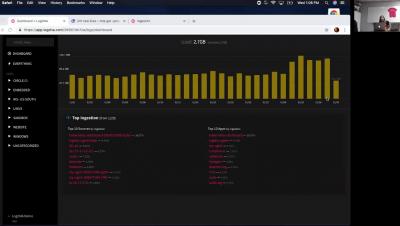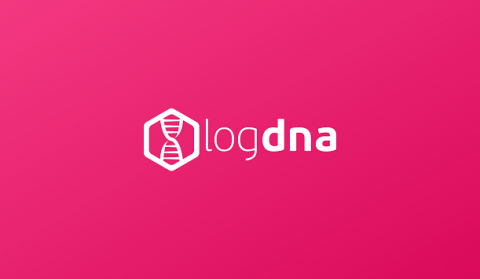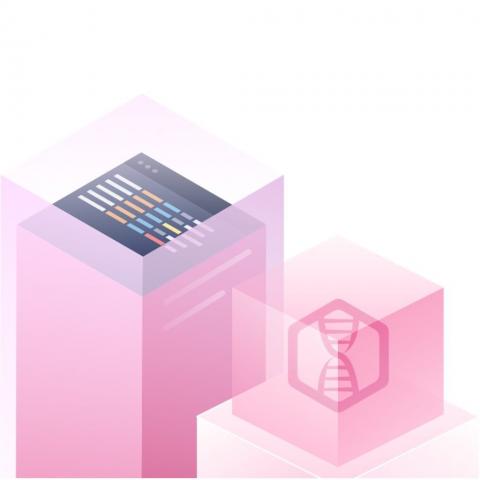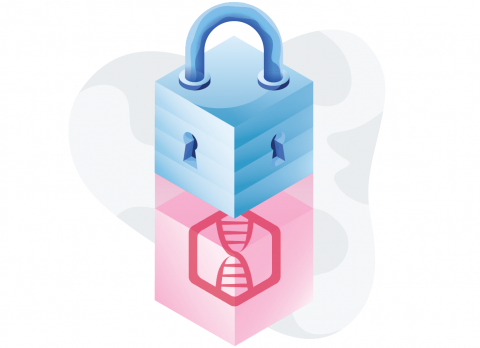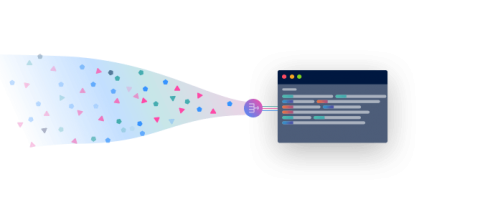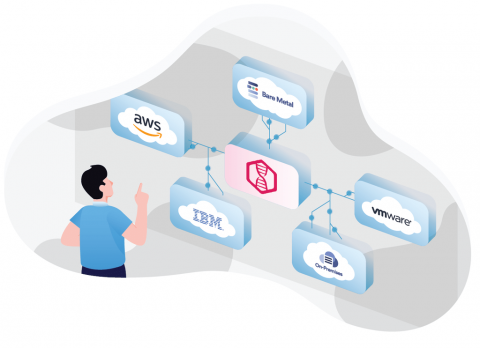Operations | Monitoring | ITSM | DevOps | Cloud
January 2019
Log Timeline: It's About Time
Many of our customers want a simple way to see how often an event happens. In the past, LogDNA’s graphing capabilities helped to fulfill this need, but it took you away from your current log context and often forced you to recall a specific query in order to reflect the correct graph. When you are troubleshooting with constantly changing queries, it can be cumbersome to do this. We are excited to announce Timeline, now available alongside your logs in the log viewer.
What is DevOps?
One of the biggest software development shifts of the past decade has been the emergence of the DevOps movement. There is a growing demand for DevOps Engineers, and organizations that have embraced DevOps practices are becoming more efficient in iterating through service delivery.
New LogDNA Feature: Absence Alerting
Being proactive is one of the key elements of a successful company. We are always seeking ways to help you perform at your best. With this goal in mind, we have been working on enhancements over the past couple of months in our alerting logic. Today, we’re proud to announce another highly anticipated feature from LogDNA: Absence Alerting!
Chef vs. Puppet vs. Ansible: Comparing Configuration Management Tools
Configuration management is an essential process for DevOps teams. It allows engineers to manage dozens, hundreds, or even thousands of machines in a consistent and automated way. While there are many configuration management tools available, three of the most popular are Chef, Puppet, and Ansible. In this post, we’ll explain how these tools work and the unique benefits that they offer.
Top 5 DevOps Tools to use before deploying your code
DevOps is an ongoing process requiring constant communication, collaboration, and automation. Teams must be able to move projects from conceptualization to release as quickly and as efficiently as possible. Not only do organizations need to have workflows in place to facilitate DevOps, but they also need the right tools.
What is SIEM?
The impact of the colossal Starwood Hotels & Resorts data breach continues to reverberate across the global technology community. In its wake, the importance of log management and security information event management (SIEM) systems has once again come to the forefront. Let’s explore what SIEM is, the many acronyms emerging in the SIEM space and where logging fits into the picture.
Scalability Worst Practices - How Not to Design Applications
Scalability is a core requirement of modern applications. Applications need to be able to handle sudden changes in demand without losing resilience or performance. With the popularity of cloud computing and microservices, DevOps teams have a countless number of platforms and tools for deploying scalable applications. However, true scalability involves much more than just migrating an application to the cloud.
What is Multi-Cloud?
Multi-cloud is a cloud computing strategy that uses two or more different cloud services. This can be a combination of Software-as-a-Service (SaaS), Platform-as-a-Service (PaaS), or Infrastructure-as-a-Service (IaaS) solutions running in a public or private cloud environment. Multi-cloud offers a number of benefits including greater reliability and availability, less vendor lock-in, and potentially lower costs.


